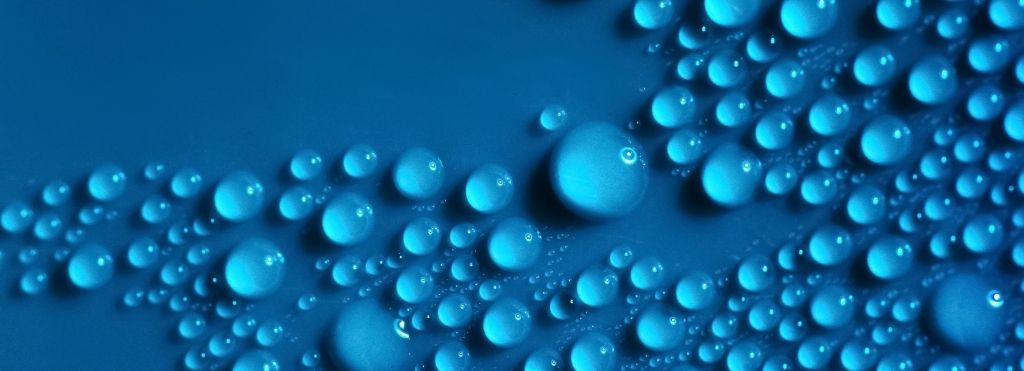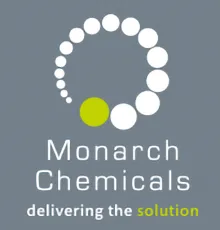Heavy metal removal: treatment methods of industrial wastewater

Heavy metal removal is a key area in the treatment of industrial wastewater and there are many effective treatment methods. Let’s take a look…

Heavy metal removal is a key area in the treatment of industrial wastewater and there are many effective treatment methods to mitigate the harmful impact of these materials. Let’s take a look…
What are heavy metals?
Industrial pollutants can accumulate in water bodies, soil, and organisms, leading to severe ecological and health hazards. Such pollutants include:
- Arsenic
- Copper
- Chromium
- Cadmium
- Nickel
- Zinc
- Lead
- Mercury
Various treatment methods have been developed to remove heavy metals from industrial wastewater, ensuring compliance with environmental regulations and safeguarding public health.
Precipitation
One of the primary treatment methods for heavy metal removal is precipitation.
In this process, chemical precipitants are added to the wastewater, causing heavy metals to form insoluble compounds that settle as sludge.
Common precipitants include:
- lime
- sodium hydroxide
- ferric chloride
- sulphide
Precipitation is effective for heavy metal removal, however it requires careful monitoring of pH, temperature, and chemical dosage to optimise performance. Heavy metal removal is often effected by the presence of complexing agents.
Using Organo-sulphide high molecular weight chelating polymers such as Clearflo L1-R which is based on dithiocarbamate, allows even complexed heavy metals to be removed to low concentrations across a wide range of pH and the solids produced are chemically stable.
Adsorption
Another widely employed method is adsorption, where porous materials such as activated carbon, zeolites, and silica gel trap heavy metals from wastewater.
Adsorption can be tailored to target specific heavy metal contaminants. As a result, it offers high removal efficiency and versatility.
Additionally, adsorption is a cost-effective and environmentally friendly solution for heavy metal removal, making it one of the preferred treatment methods of industrial wastewater for many facilities.
Ion exchange
Ion exchange is another effective technique for heavy metal removal, involving the exchange of metal ions in wastewater with ions immobilised on a solid resin.
This process is highly selective and can achieve near-complete removal of targeted heavy metals.
However, ion exchange may require occasional replacement of the resin and careful management of wastewater pH and chemistry to maintain optimal performance.
Membrane filtration
Membrane filtration technologies, such as reverse osmosis and nanofiltration, have also gained prominence for heavy metal removal.
This treatment method relies on semipermeable membranes to separate heavy metal ions from water molecules based on size and charge.
While membrane filtration offers high removal efficiency and requires minimal chemical usage, it can be energy-intensive and prone to fouling, necessitating proper pretreatment and maintenance.
Electrochemical
Electrochemical treatment methods, including electrocoagulation and electrochemical precipitation, have emerged as promising alternatives for heavy metal removal.
These techniques rely on the application of electric current to induce the formation of insoluble metal hydroxides, which can be easily separated from wastewater.
Electrochemical methods offer rapid treatment kinetics and can be integrated with renewable energy sources for sustainable operation.
Biological treatment methods
Biological treatments, such as biosorption and microbial reduction, harness the metabolic activities of microorganisms to sequester or transform heavy metals in wastewater.
These methods offer the advantages of low operating costs and minimal chemical usage while promoting natural remediation processes.
However, biological treatments may require longer treatment times and are sensitive to variations in environmental conditions.
Heavy metal removal by Aqua Advice
With over 30 years’ experience of industrial wastewater treatment, Aqua Advice has developed innovative techniques for removing pollutants.
We can design a suitable treatment method for removing heavy metals, ensuring you meet your discharge consent conditions.
This will not only reduce the risk of heavy metal pollution, but it will also help reduce the day-to-day costs of your wastewater treatment.
Get in touch today for a free consultation
Topics

Let's talk...
Contact Aqua Advice today to arrange a free consultation and discover how we can help you find the perfect industrial wastewater solutions for your business.
CLIENTS INCLUDE












